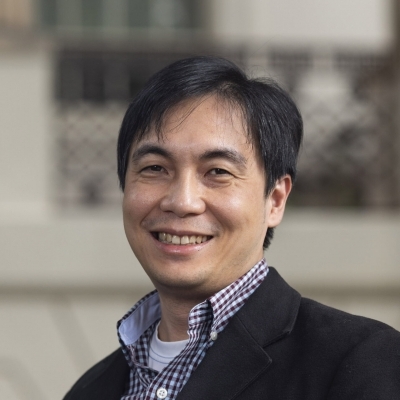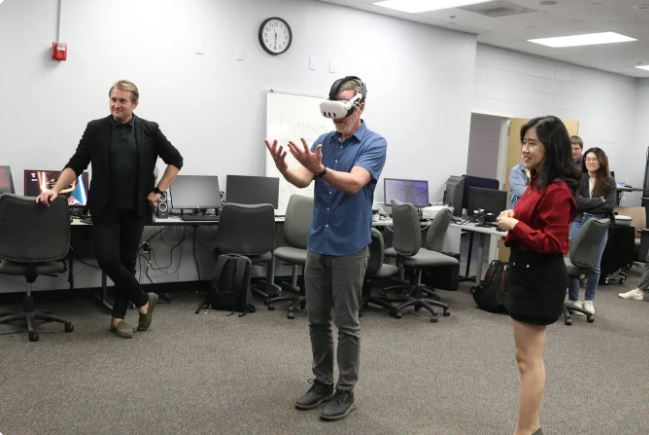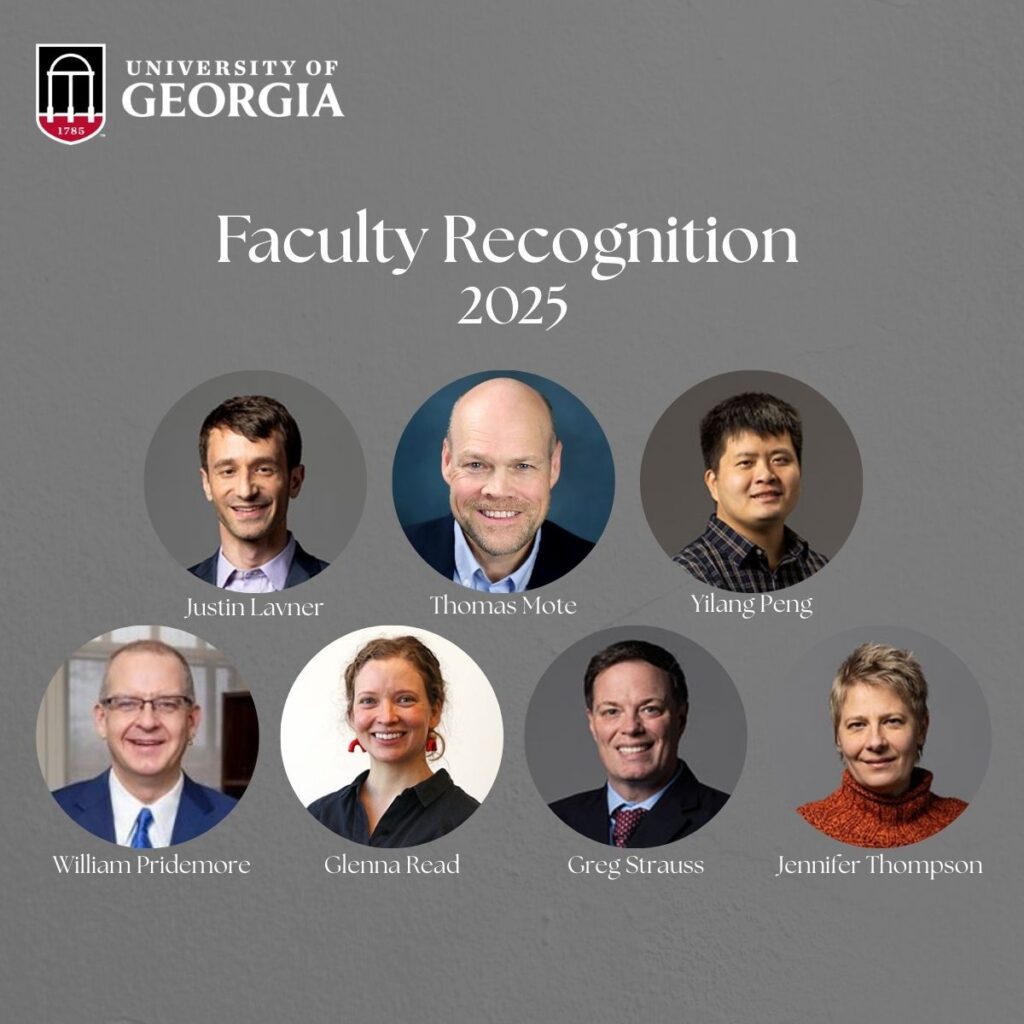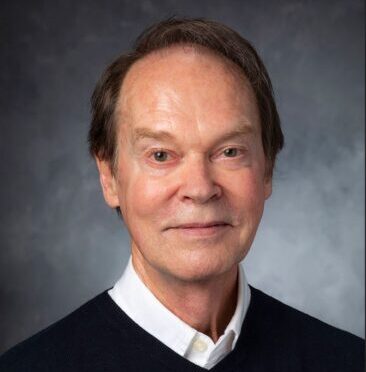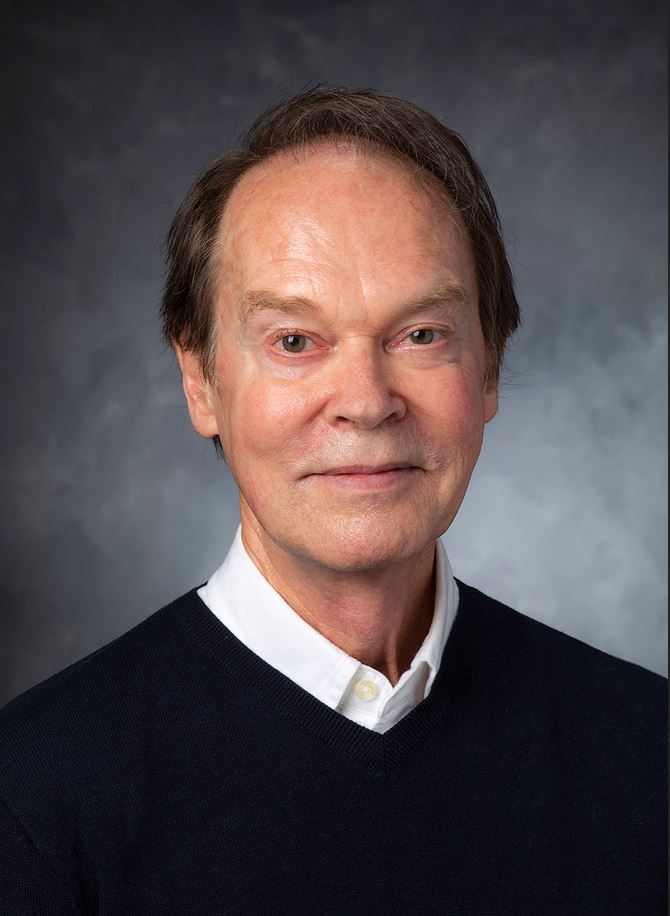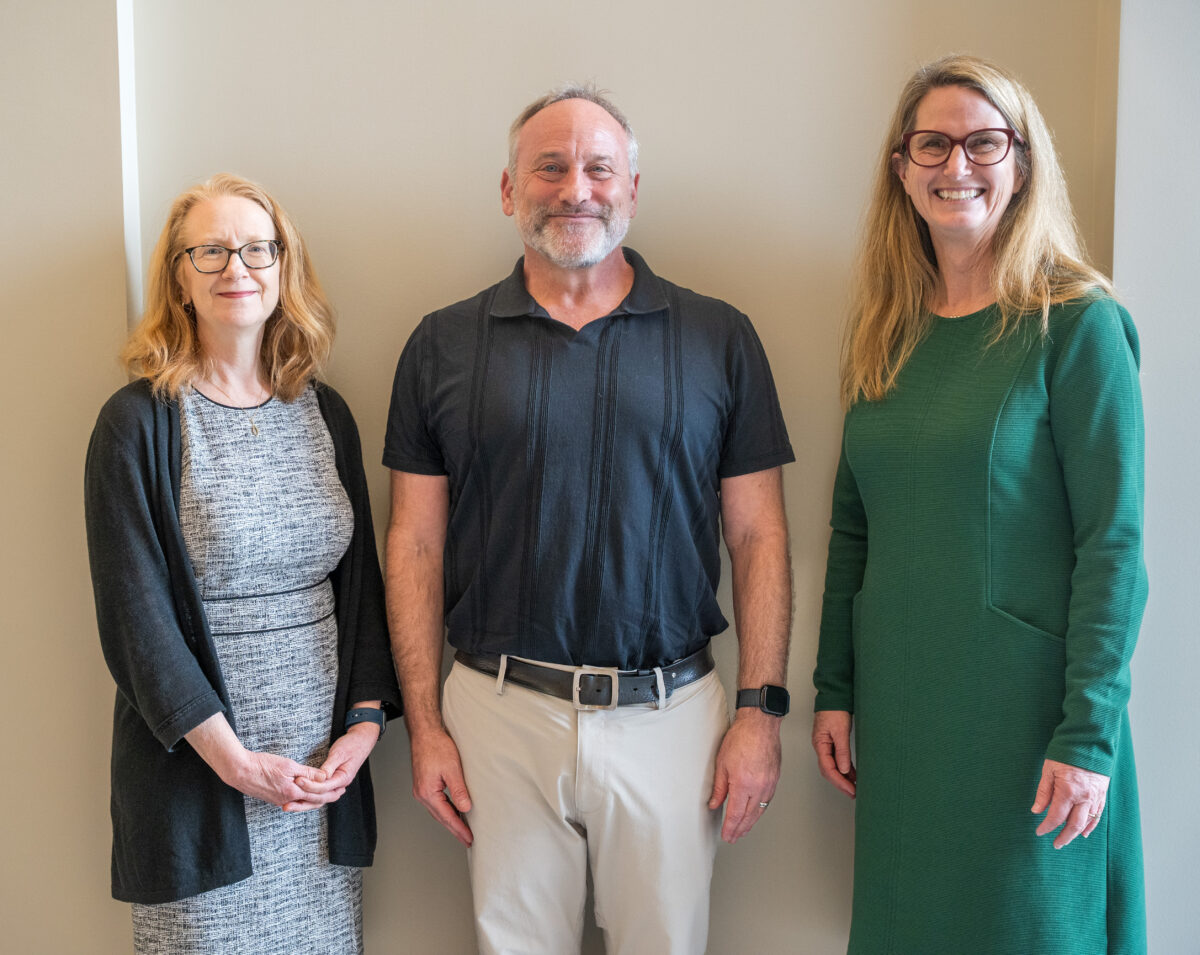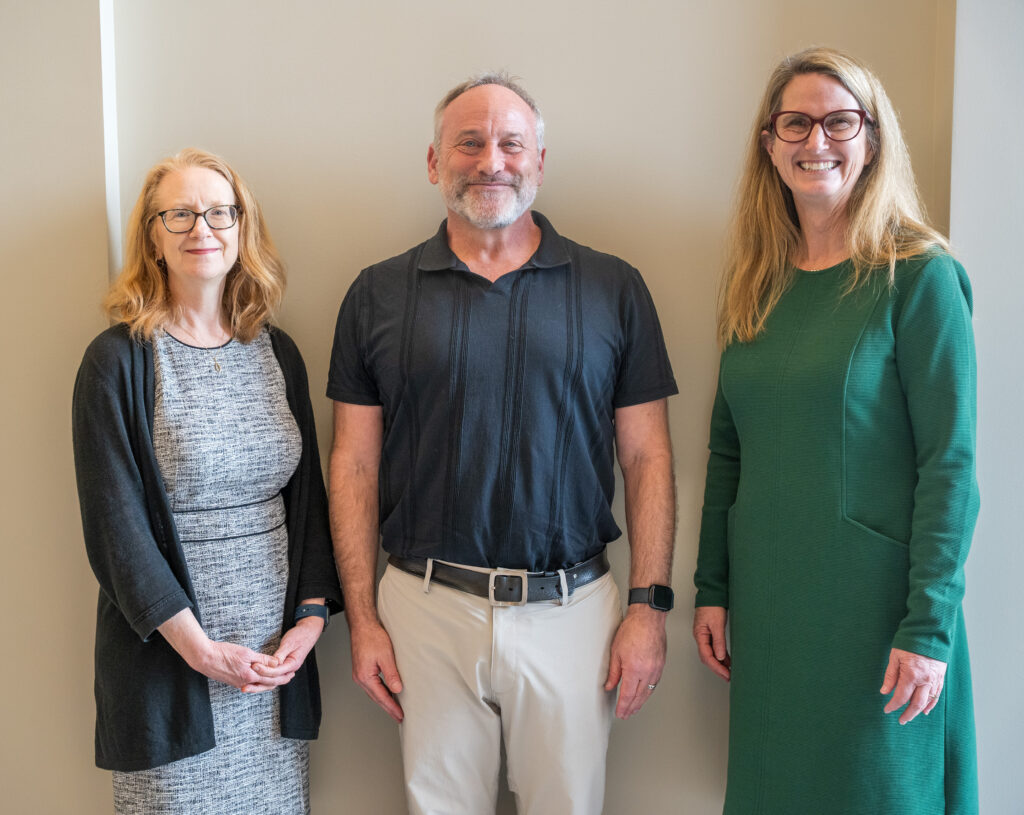OIBR Distinguished Scholar David Okech Represents UGA at COSSA Advocacy Day
In April 2025, the Owens Institute for Behavioral Research (OIBR) proudly sponsored Dr. David Okech, one of OIBR’s Distinguished Scholars, to attend the Consortium of Social Science Associations (COSSA) Advocacy Day in Washington, D.C. The annual event brings together researchers from across the country to advocate for continued federal investment in social and behavioral science.
Dr. Okech is the Georgia Athletics Association Professor of Human Trafficking Implementation Research at the University of Georgia and the founding director of the Center for Human Trafficking Research & Outreach (CenHTRO).
This marked Dr. Okech’s first time participating in COSSA Advocacy Day, though he had prior experience advocating on Capitol Hill during graduate school. Reflecting on the event, he shared how meaningful it was to join a broad community of researchers working to ensure that policymakers understand the value and impact of their work.
“It’s easy to wonder if these events have a tangible impact,” Okech noted, “but when you see the long lines of people advocating on behalf of issues they care about, you start to see the potential for change. It was not just us advocating on behalf of social science research, it was also about listening to the research priorities of the administration.”
The fast-paced nature of meetings on Capitol Hill was both eye-opening and instructive. “You realize very quickly how important it is to make your message succinct and compelling,” he said. Although the time with lawmakers’ staff was brief, the opportunity to discuss the economic and societal importance of social science research proved to be a powerful reminder of the field’s relevance.
Dr. Okech emphasized the importance of using language that resonates with policymakers, especially in terms of economic impact. “Communicating how our work affects not just health and well-being, but also the economic impact, seemed to get more attention.”
One of his key takeaways from the experience was the sense of solidarity among researchers. “Meeting other social scientists with the same challenges—and feeling like I could do something, even if small, to communicate the importance of our work—was incredibly rewarding.”
When asked what more could be done to support the social sciences, Dr. Okech highlighted the need for clearer and more accessible communication. “Locally, I believe we need to better convey the real-world impact of our research to the general public,” he said.
Would he recommend the experience to others? Absolutely. “Not everyone understands the effects of social science research. Being able to communicate that to those shaping funding decisions is essential.”
His favorite moment? Being asked by congressional staff why his research matters. “It made me reflect more deeply on the real-world impact of my work, beyond what we put in grant proposals.”
The Owens Institute is proud to support faculty like Dr. Okech in representing the University of Georgia and the social sciences on a national stage.
Written by: Andrea Horsman
June 6, 2025
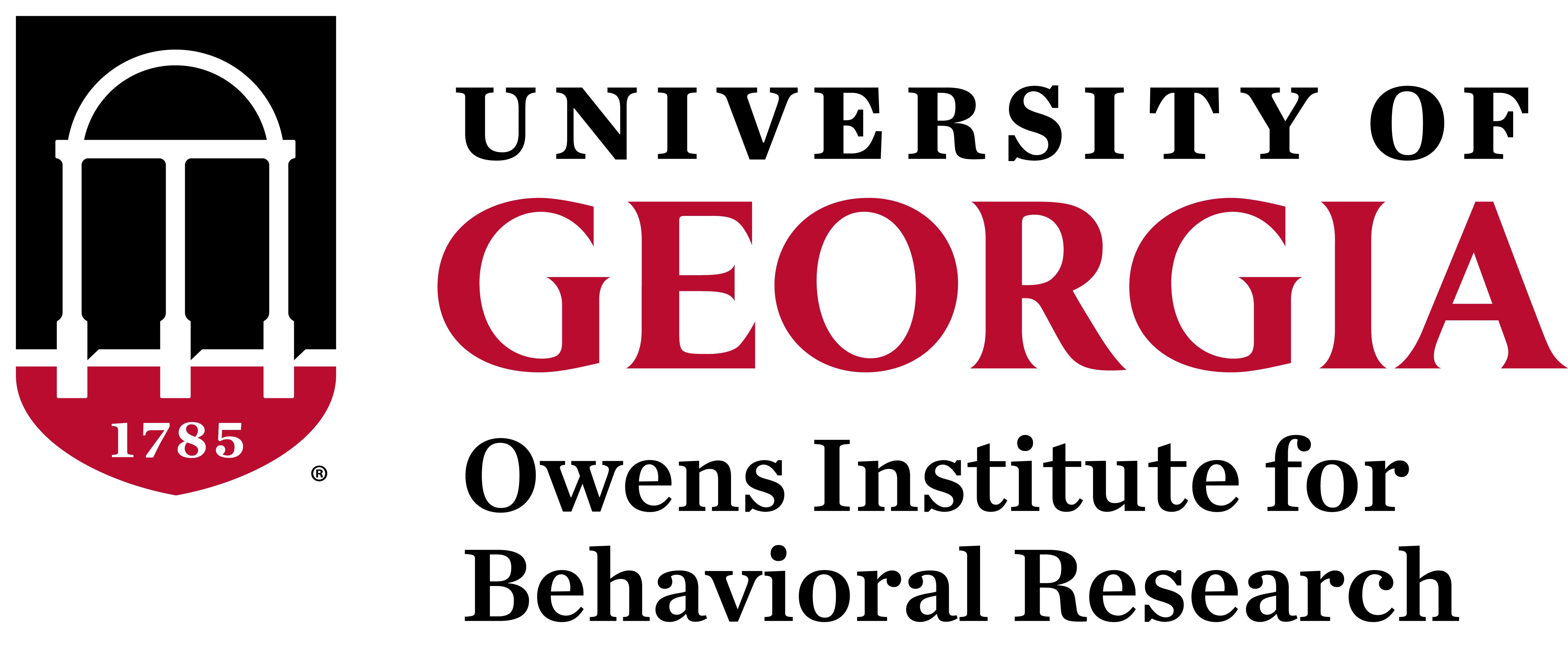
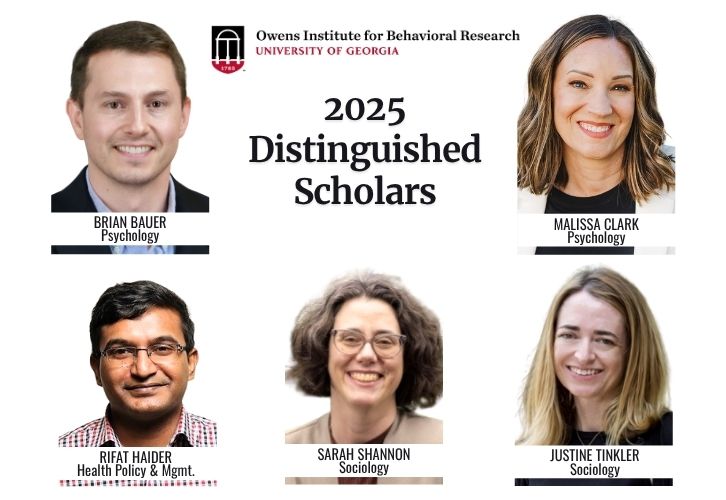
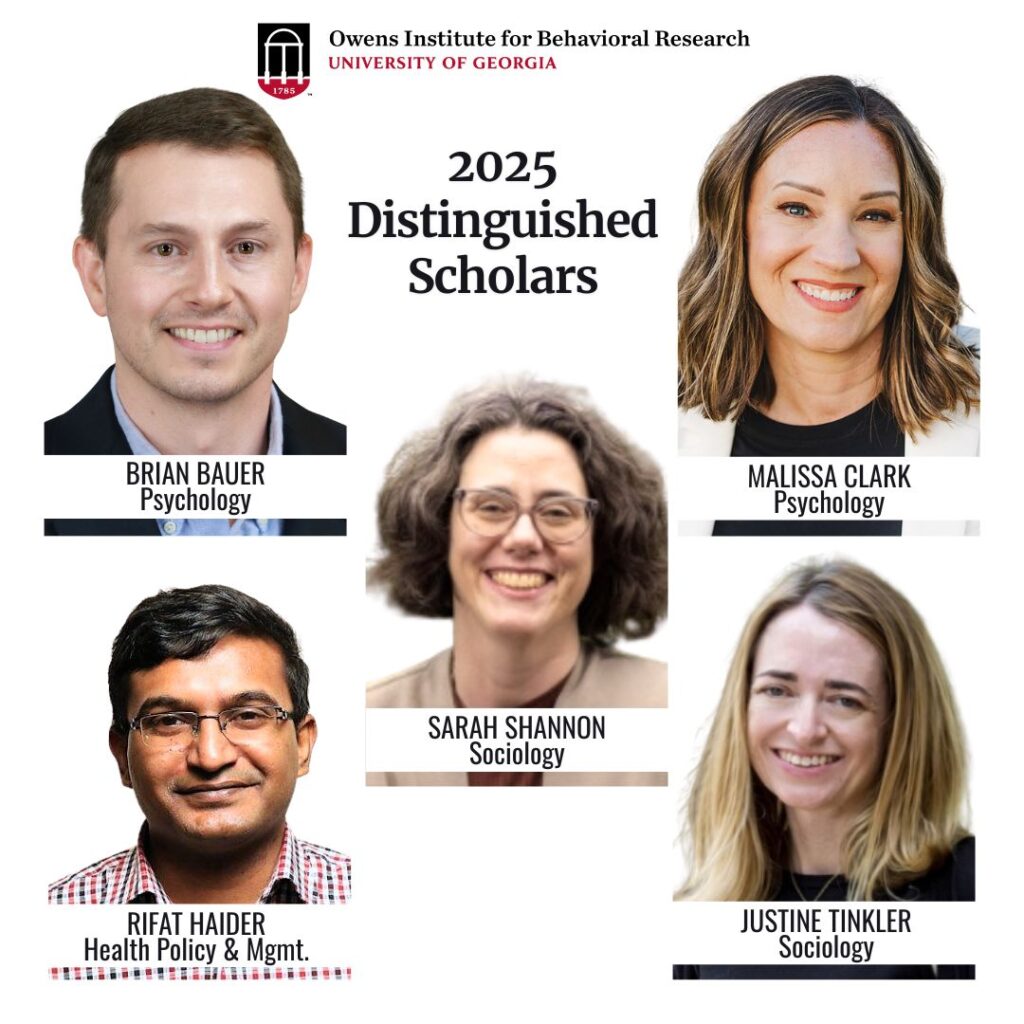 Owens Institute for Behavioral Research Announces 2025 Distinguished Scholars
Owens Institute for Behavioral Research Announces 2025 Distinguished Scholars